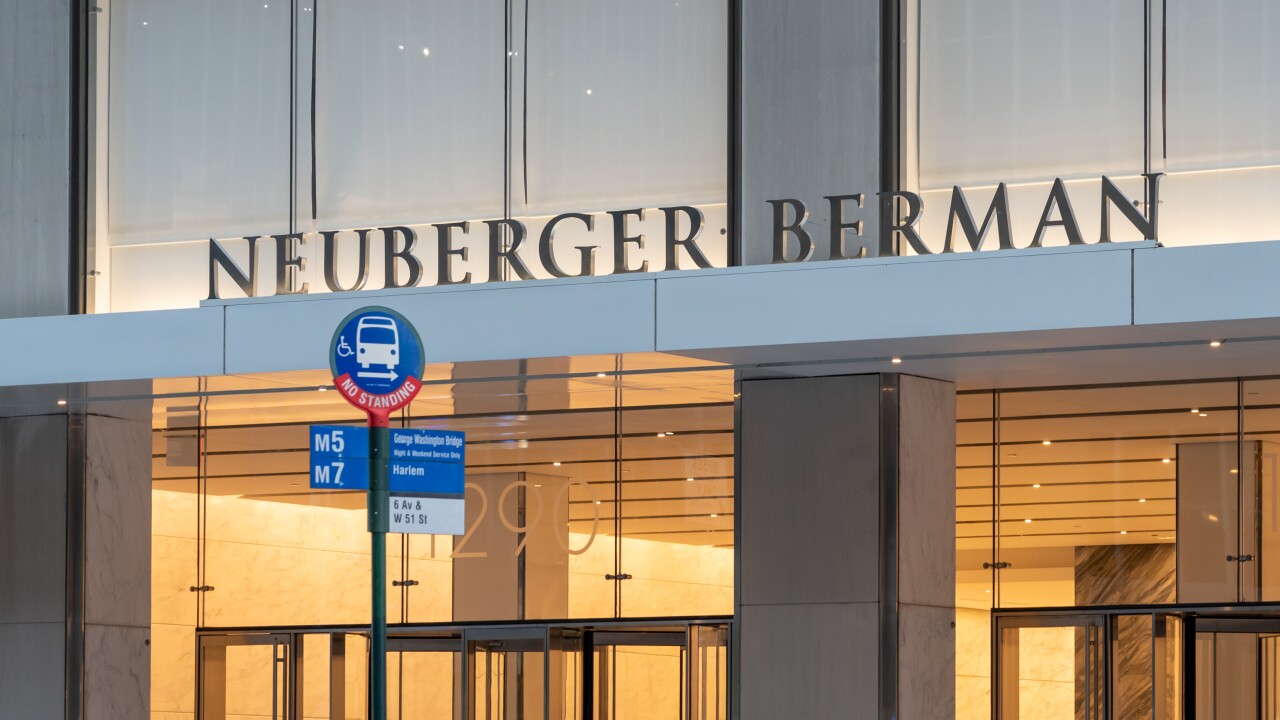-
A reserve account starts off at 0.0%, but its funding level varies in line with three-month average excess spreads, if it falls below certain thresholds.
March 26 -
Borrowers are considered prime in this pool, but Fitch Ratings notes that delinquency rates have been increasing since 2022.
March 21 -
Total hard credit enhancement will represent 4.5% of the note balance, and initial reserves amounting to 2.0% of the pool.
March 20 -
The pool is diversified, with its top obligor accounting for 3.2% of the pool balance, and the top 10 obligors account for 14.1%.
March 14 -
From the Q3 2021 to the early 2024 vintages, cumulative gross loss (CGL) levels had been trending up, likely due to consumer credit normalizing, due to inflationary pressures.
March 6 -
Fitch notes that 74.8% of the collateral pool, made up entirely of 3,103 loans, is backed by trucking—or transportation—equipment.
March 5 -
It is the program's second issuance to come to market with a pool made up entirely of consumer loans.
March 4 -
There is also a trigger embedded in the deal, attached to cumulative net losses that would set off a full turbo payment.
February 28 -
Amortization will start after the deal's two-year revolving period, when the trust will deposit revenue including collections and upgrades into the acquisition account.
February 26 -
Affirm grade A loans account for 34.8% of the pool and have historically produced the lowest defaults in the sponsor's managed portfolios.
February 26 -
The current pool has smaller exposures to the construction and turf sectors compared to the 2024-2 series, which have seen higher loss rates than the agriculture sector.
February 21 -
Unlike most aircraft securitizations, Gilead 2025-1 uses a mortgage amortization style, de-levering at a lower rate compared to a more typical straight-line payment style.
February 20 -
While SoFi uses a third-party servicer for both of those product types, it services its entire consumer loan portfolio.
February 19 -
The 4th aviation ABS this year indicates a busy year ahead for the sector.
February 14 -
The $500 million in similarly structured deals pool insurance-premium finance loans.
February 12 -
Among the deal's main credit strengths is that the real estate assets are protected by robust physical security, and 83.5% of the tenants have investment-grade credit ratings.
February 10 -
For conservative and risk-averse insurers, the vehicles are a relatively cheap and safe way to take part in the private credit boom that's financing mostly unlisted and leveraged companies.
February 7 -
All the class A notes benefit from total initial hard credit enhancement totaling 21.0% of the pool balance. Classes B, C and D benefit from 17.0%, 11.5% and 6.5%, respectively.
February 6 -
RG&E, series 2025-A, is the second utility cost recovery securitization this week, and is another first-time issuer.
February 6 -
Both forward-flow agreements and the larger asset-backed securitization market are becoming more popular, as consumer debt is growing.
February 5


















